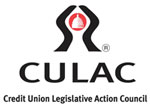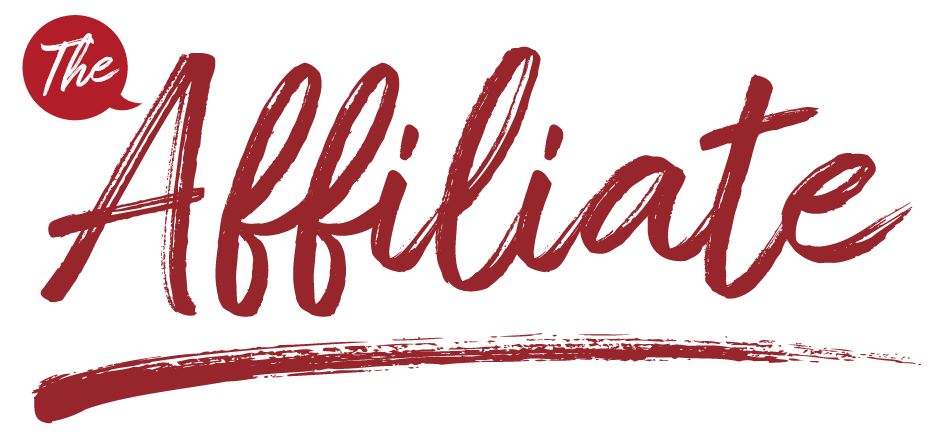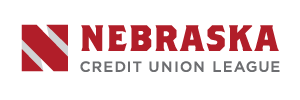There are 4,600 active federally registered political action committees (PACs) in the United States which are organized to raise and expend money to elect or defeat candidates running for Congress or President. PACs are organized by businesses, labor unions, associations, and ideological interest groups to promote their respective interests on Capitol Hill. “PACs are like investments in the future of your particular issue,” said Brandon Luetkenhaus, chief advocacy officer of the Nebraska Credit Union League. “Like the credit union industry, other industries have PACs to push their issues including the Realtors, Bankers, Teachers, Telecommunications, Medical, Labor Unions, and many others.”
The premier PAC of credit unions is the Credit Union Legislative Action Committee or CULAC. In the recent 2020 election, it ranked 3rd nationally in contributions to candidates. The bankers PAC ranked 7th nationally. “The importance of CULAC cannot be understated,” said Luetkenhaus. “CULAC is not just a way to provide financial support to Members of Congress who have proven their support for credit unions, but it is often times the first step in cultivating a strong relationship with those who are newly elected to Congress and who will make laws that directly impact how credit unions operate and serve their members.”
Federal election law limits the amount that a PAC can contribute to a candidate during an election cycle to $5,000 per election (primary election, general election, or special election). Traditionally, this means that a PAC can contribute $10,000 to a particular candidate per election cycle. There are also campaign PACs associated with candidates, political party PACs, and Super PACs that are more ideologically focused.
Industry PACs, like CULAC, garner financial contributions from their supporters. In the case of CULAC, its supporters include credit union staff, volunteers, League staff, and credit union members. Funds raised by CULAC must be from individuals as corporate contributions are not allowed by federal law. Individuals can contribute up to $5,000 annually to a PAC. In the 2020 election cycle (2019-2020), CULAC raised a record setting $5.4 million.
 CULAC is and has been traditionally non-partisan in candidates that it contributes to. In fact in 2020, 53% of CULAC’s contributions went to Democrat candidates and 47% went to Republican candidates. In 2018, CULAC’s contributions were in the reverse with 52% going to Republican candidates and 48% going to Democrat candidates. Other PACs are not as “non-partisan” for example the American Federation of Teachers PAC contributed almost entirely to one party with 96% of their total contributions going to Democrat candidates. Brandon Luetkenhaus said, “having a PAC that supports credit unions on our issues is critical and we are fortunate that credit unions have broad bi-partisan support.” CULAC has not traditionally contributed to Presidential candidates and in 2021 a policy was passed to continue that tradition of not contributing to Presidential candidates.
CULAC is and has been traditionally non-partisan in candidates that it contributes to. In fact in 2020, 53% of CULAC’s contributions went to Democrat candidates and 47% went to Republican candidates. In 2018, CULAC’s contributions were in the reverse with 52% going to Republican candidates and 48% going to Democrat candidates. Other PACs are not as “non-partisan” for example the American Federation of Teachers PAC contributed almost entirely to one party with 96% of their total contributions going to Democrat candidates. Brandon Luetkenhaus said, “having a PAC that supports credit unions on our issues is critical and we are fortunate that credit unions have broad bi-partisan support.” CULAC has not traditionally contributed to Presidential candidates and in 2021 a policy was passed to continue that tradition of not contributing to Presidential candidates.


